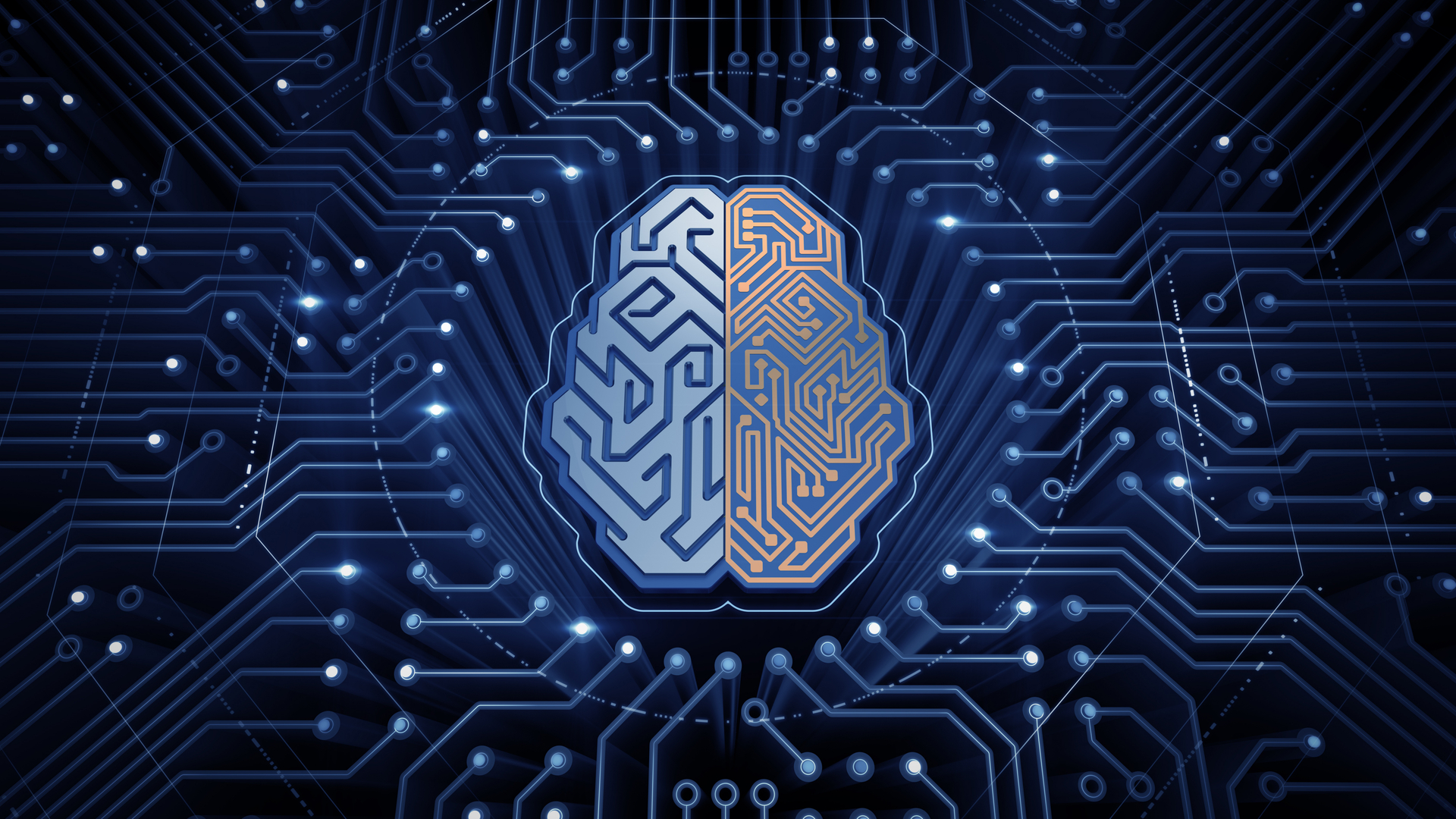
Now there’s the “world famous” IBM Watson, known for beating humans at chess, go, and Jeopardy using AI.
According to Wikipedia artificial intelligence (AI) is:
… Intelligence displayed by machines, in contrast with the natural intelligence (NI) displayed by humans and other animals. In computer science AI research is defined as the study of “intelligent agents“: any device that perceives its environment and takes actions that maximize its chance of success at some goal. Colloquially, the term “artificial intelligence” is applied when a machine mimics “cognitive” functions that humans associate with other human minds, such as “learning” and “problem solving”.
There are those who can hardly wait for this technology to become mature enough to implant extensions of the cloud into our brains (called hybrid thinking). Does this sound like a good idea? There is even the Cyborg Foundation (“IT’S TIME FOR TRANS-SPECIES TO COME OUT OF THE CLOSET”), whose stated mission is, “…to help humans become cyborgs, to promote the use of cybernetics as part of the human body and to defend cyborg rights.” It’s bad enough that your computer can be hacked or infected with malware; imagine if your brain was. Talk about identity theft!
Ironically this is exactly one of the reasons this technology is getting so much attention. Identity assurance is a major concern in today’s workplace and everyday life. Nymi is working on this problem, but since their solution is a band that can be removed it’s not considered the ultimate solution. One of the proposed ultimate solutions is embedding a chip in everyone to establish their unique identity.
What makes AI different from other “computer programs” is that it learns and as it learns it modifies itself so it becomes better at whatever task or tasks it is assigned. This has some interesting implications, the most important of which is that it can’t be easily audited like “normal code” can be. The complex way AI grows and improves makes it harder to understand and even harder to control. There are many out there like IBM’s Grady Booch who believe it is possible to “raise an AI” system to be a responsible citizen. After thousands of years we still have a hard time raise our kids to be responsible, what make us think we can raise AI to be perfectly responsible?
A company, OpenAI, trained an AI to maximize its score in a virtual boat-race game, but instead of navigating the course as quickly as possible; the AI taught itself to exploit a flaw in the game by driving in circles and racking up bonus points while crashing into walls and setting itself on fire. They say that an IA tasked with maximizing profits for a corporation—and given the seemly innocuous ability to post things on the internet—could deliberately cause political upheaval in order to benefit from a change in commodity prices.
Are you ready to become a cyborg? Are you ready to turn your life over to AI?